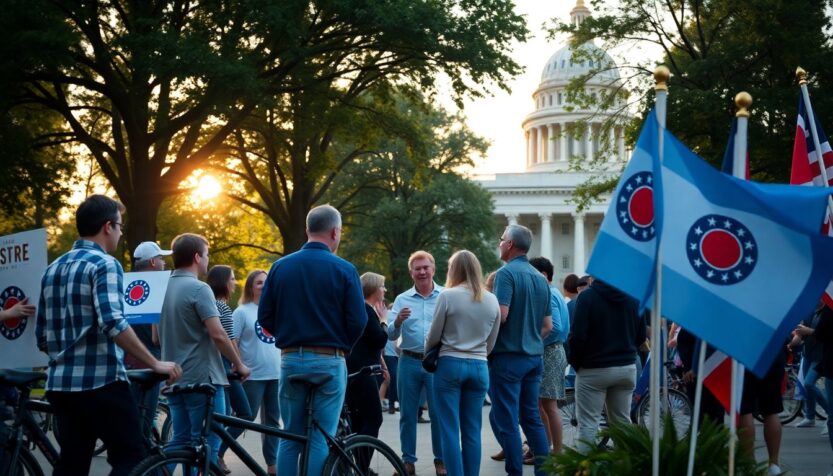In the current political landscape, the question on everyone’s lips is, “Who will emerge as the next leader of the Democratic Party?” This inquiry extends beyond merely identifying a candidate; it encompasses the evolving dynamics of influence within the party. As uncertainties unfold, it becomes evident that traditional endorsements may not hold the weight they once did. Who are the kingmakers today, and how do they shape the future?
Rethinking the Role of Kingmakers
The classic image of a kingmaker is being challenged in contemporary discussions about party leadership. Dan Pfeiffer, a prominent voice in political analysis, suggests that endorsements from established figures might do more harm than good in the current climate. This perspective resonates with many Democrats who feel disillusioned by traditional power structures. “People are clamoring for support from outsiders,” he notes, indicating a shift towards more grassroots movements.
Bradley Tusk, a venture capitalist with extensive campaign experience, echoes this view. He emphasizes that the fading influence of party machines means that the candidate with the most financial backing does not automatically secure victory. Rather, personality and public perception are becoming increasingly crucial. This suggests a new era where charisma may outweigh conventional endorsements.
Despite this shift, some individuals maintain that influential figures still wield considerable power. A young congressional staffer highlighted that Nancy Pelosi continues to play a pivotal role, alongside other notable figures such as Mike Bloomberg and Bill Gates. This underscores the complexity of today’s political arena, where both old and new influencers may shape the party’s future.
The Rise of New Influencers
The landscape of influence is evolving rapidly. In upcoming elections, endorsements from figures like Joe Rogan may carry as much weight as those from traditional politicians. A young staffer noted that engaging with diverse media platforms is becoming essential for campaigning. Who else thinks that a strong social media presence can sway voters just as much as a political endorsement?
The concept of a “cult of personality” suggests that the next Democratic leader must resonate with voters on a personal level, tapping into the current zeitgeist. Influencers in the podcasting space and on social media are increasingly pivotal in shaping public opinion. The emergence of figures like Theo Von and Adam Friedland showcases the variety of voices that can influence the Democratic narrative.
Looking Ahead: What Does This Mean for the Democrats?
As we look toward the future, the question persists: Will this new generation of influencers truly impact the upcoming elections? Political consultant Lis Smith argues that traditional paradigms are becoming outdated. “Obama made Obama, not a kingmaker,” she asserts, suggesting that conventional routes of influence are losing their relevance. This prompts a vital discussion—what does it mean to be a leader today in the Democratic Party?
While it is clear that traditional endorsements may lack clout, the collective influence of a diverse group of new voices could redefine our understanding of leadership. The integration of both old and new influencers might foster a more inclusive and representative Democratic Party moving forward. But will this be sufficient to unite the party and galvanize voters? Only time will tell.






